Primary vs Secondary Source Practice
1/19
Earn XP
Description and Tags
Practice determining if the source is Primary or Secondary based on Source Information and Background. Think about why they are Primary or Secondary!
Name | Mastery | Learn | Test | Matching | Spaced |
|---|
No study sessions yet.
20 Terms
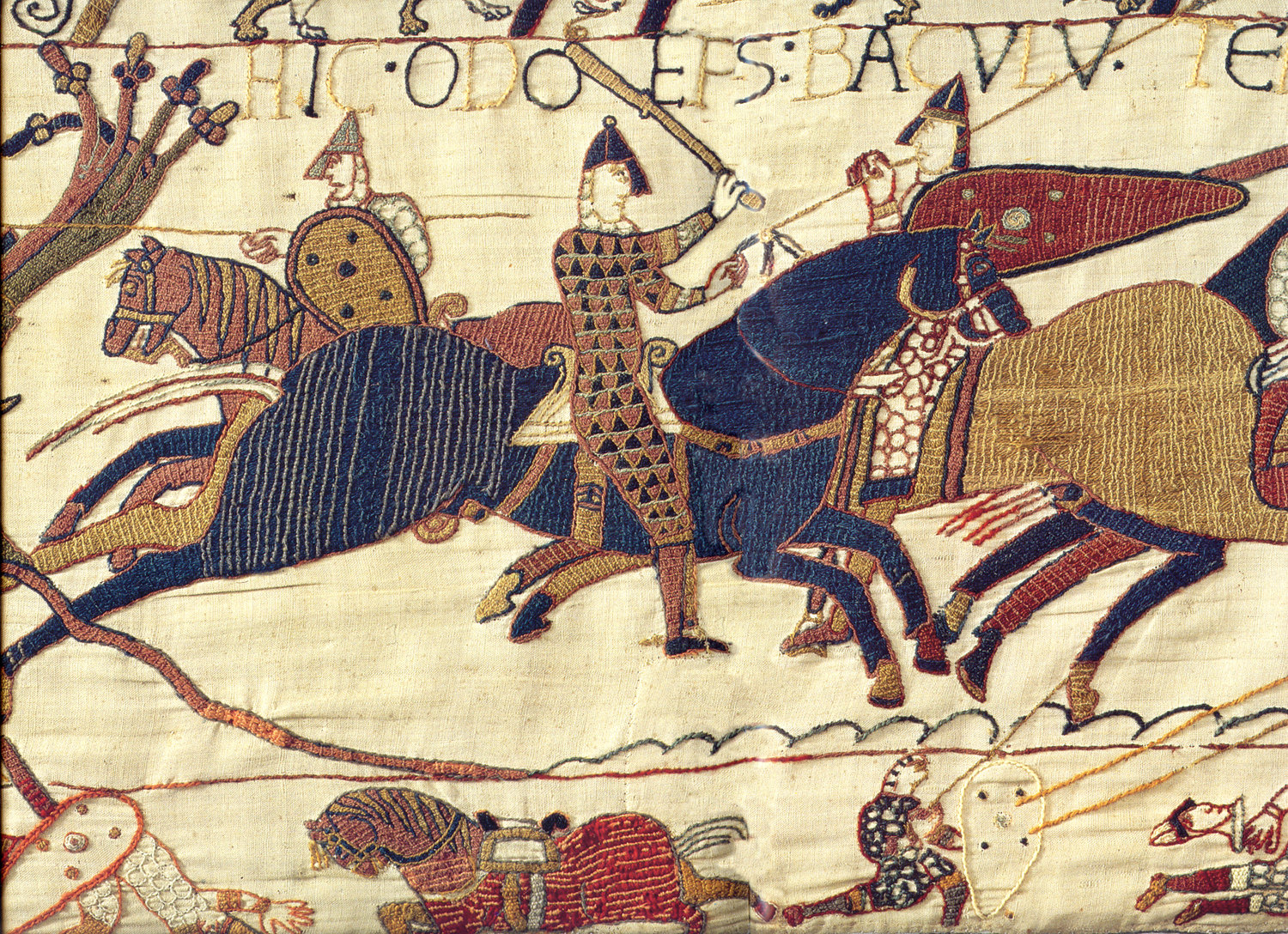
Source Information: "Bayeux Tapestry", Embroidered Cloth, Anonymous, ~1070 CE
Background: Created in the late 11th century, the Bayeux Tapestry illustrates the Norman
conquest of England in 1066 and the Battle of Hastings, showing leaders, battles, and
cultural details.
Primary Source
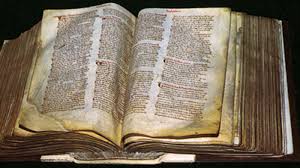
Source Information: "Domesday Book", Royal Census Record, Commissioned by William the Conqueror, 1086 CE
Background: In 1086, William ordered a survey of land and resources in England. The record included information about villages, landholders, and taxes.
Primary Source
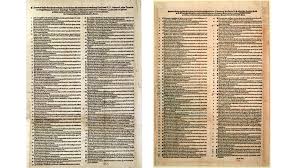
Source Information: "Ninety-Five Theses", Religious Document, Martin Luther, 1517 Background: In 1517, Martin Luther listed arguments against the Catholic Church’s sale of indulgences, sparking religious debate across Europe.
Primary Source
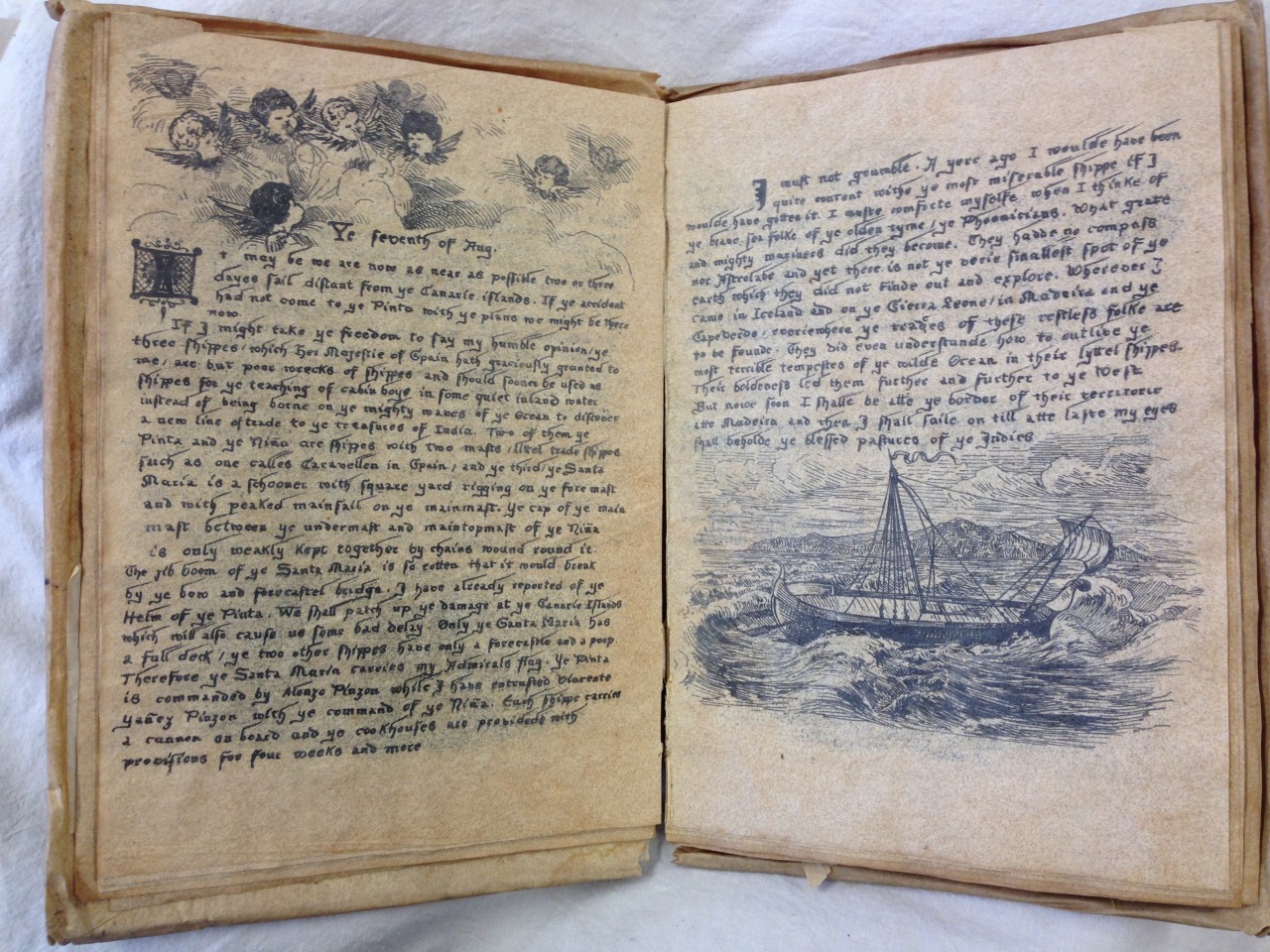
Source Information: "Journal of Christopher Columbus", Exploration Diary, Christopher Columbus, 1492
Background: In 1492, Columbus recorded his journey across the Atlantic, describing new lands and interactions with the people he encountered.
Primary Source
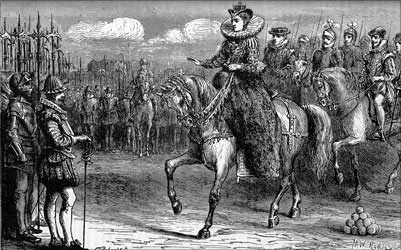
Source Information: "Speech to the Troops at Tilbury", Political Speech, Queen Elizabeth I, 1588
Background: In 1588, Queen Elizabeth I addressed English soldiers as they prepared for a potential invasion by the Spanish Armada, emphasizing loyalty and unity.
Primary Source
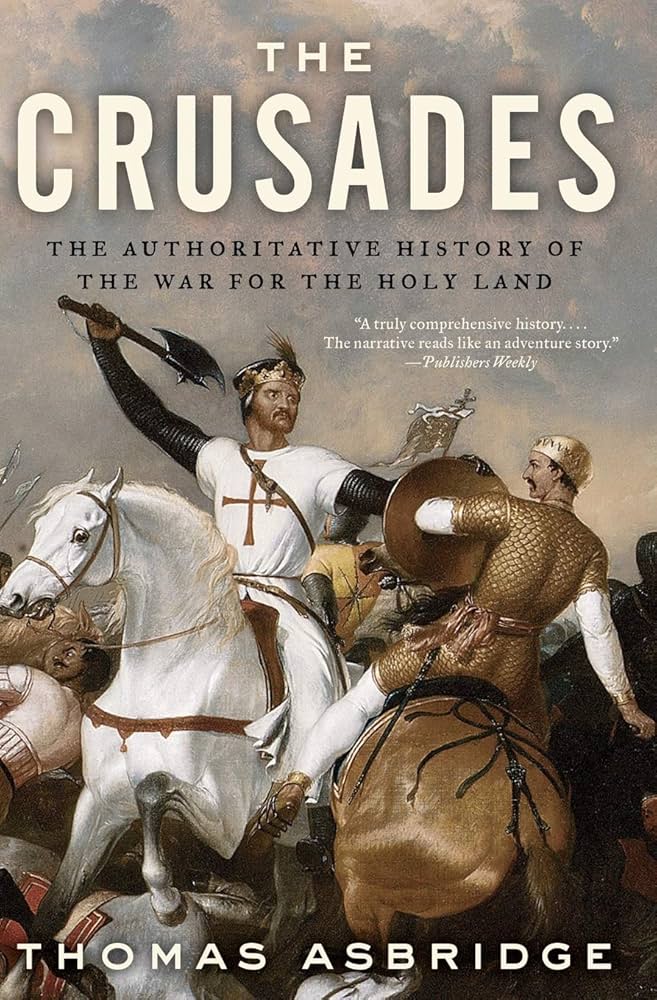
Source Information: "The Crusades: The Authoritative History of the War for the Holy Land", History Book, Thomas Asbridge, 2011
Background: This modern history book, published in 2011, analyzes the Crusades by drawing on chronicles, documents, and archaeological evidence.
Secondary Source
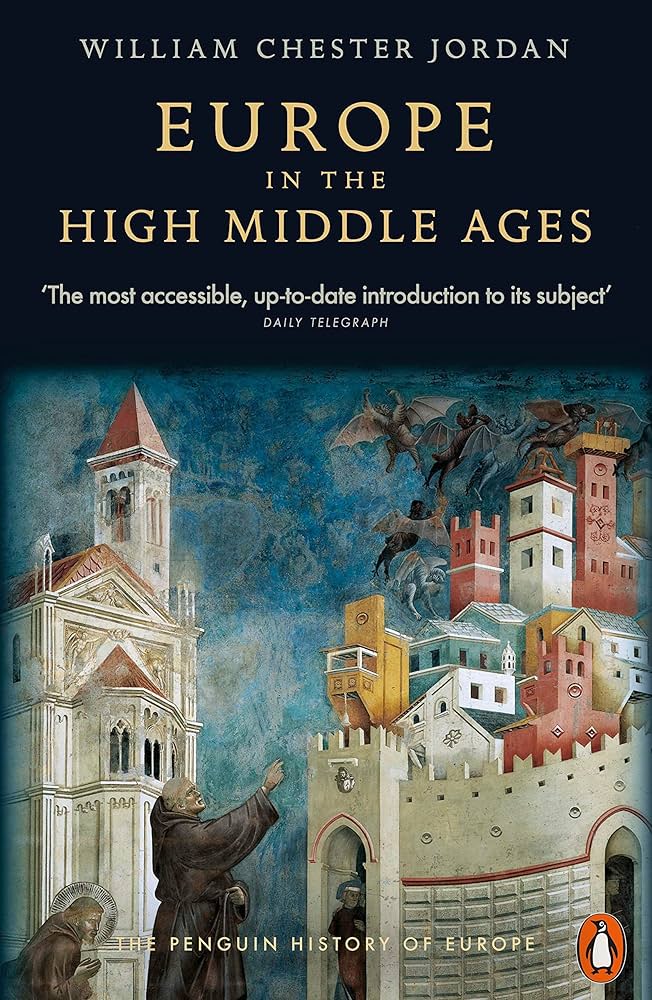
Source Information: "Europe in the High Middle Ages", Scholarly History Book, William Chester Jordan, 2001
Background: Published in 2001, this book interprets political, social, and economic changes in Europe during the medieval period.
Secondary Source
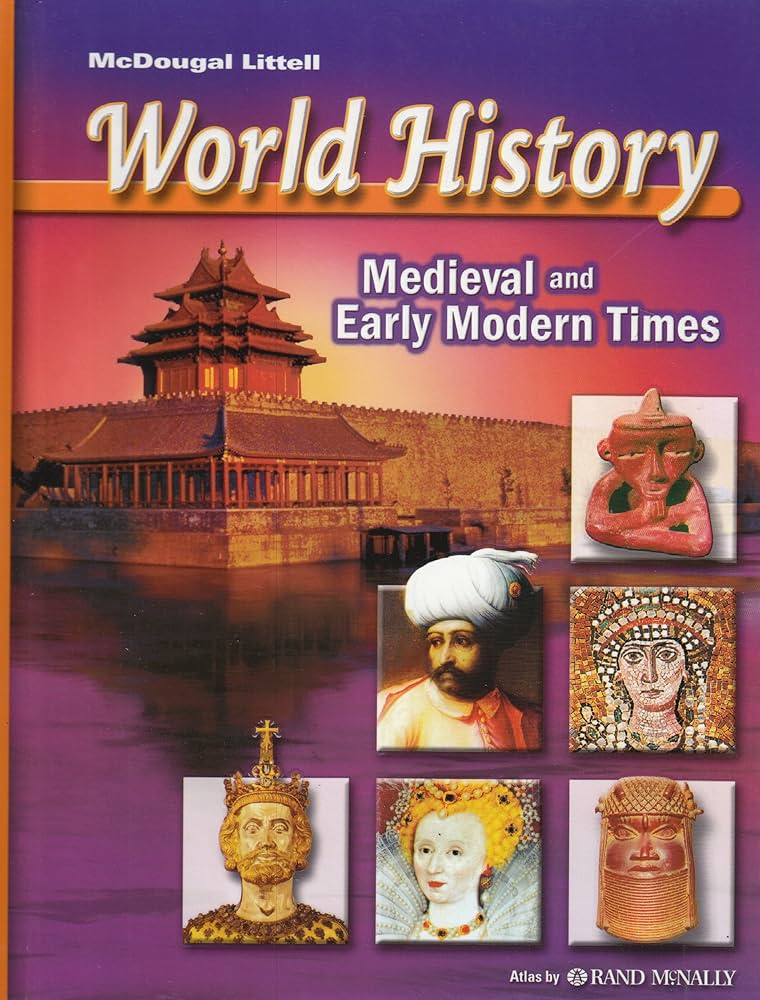
Source Information: "World History: Medieval and Early Modern Times", Textbook, McDougal Littell, 2006
Background: This 2006 history textbook provides summaries, maps, and interpretations of key events in medieval and early modern history for students.
Secondary Source
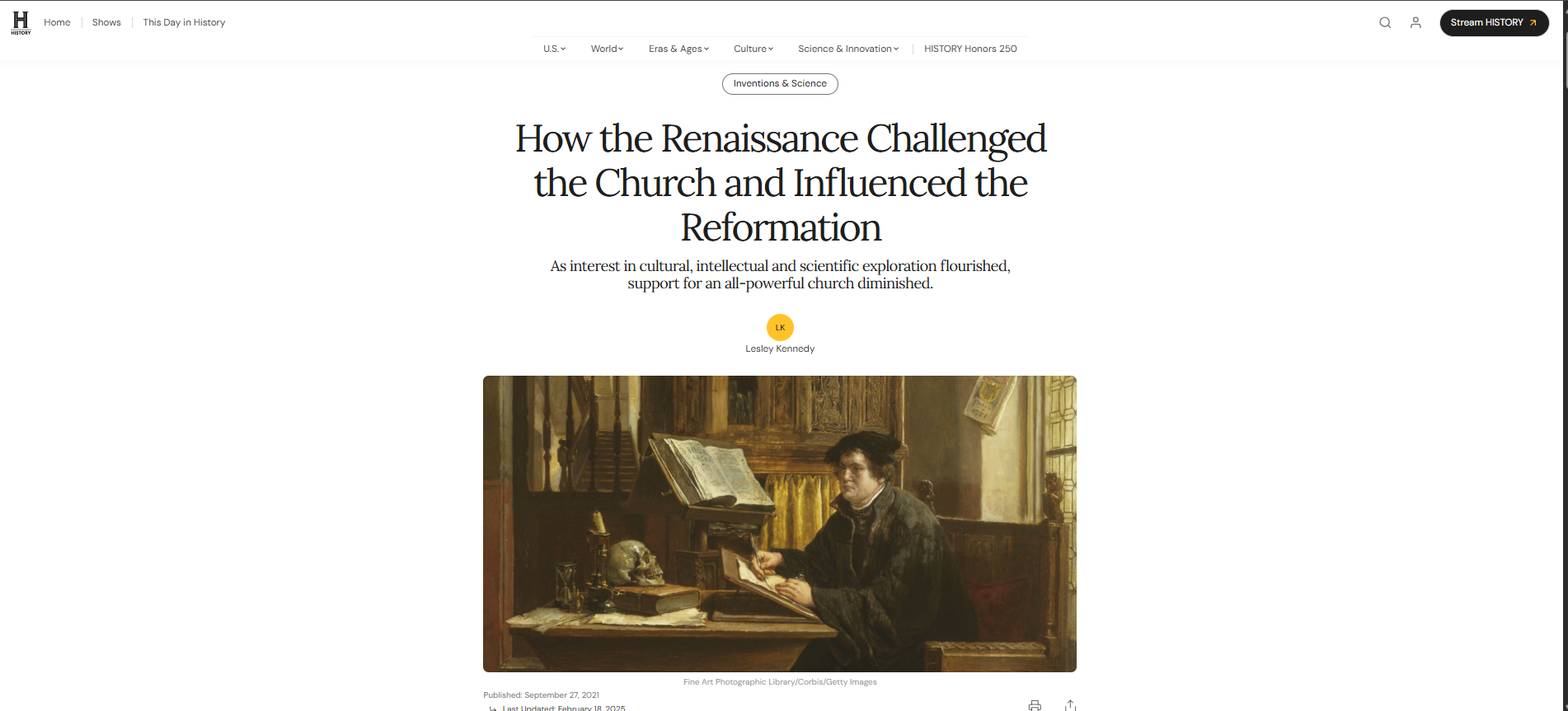
Source Information: "The Renaissance and Reformation", Educational Article, History.com Editors, 2018
Background: Written in 2018, this article introduces key figures and ideas from the Renaissance and Reformation and explains their long-term impact.
Secondary Source
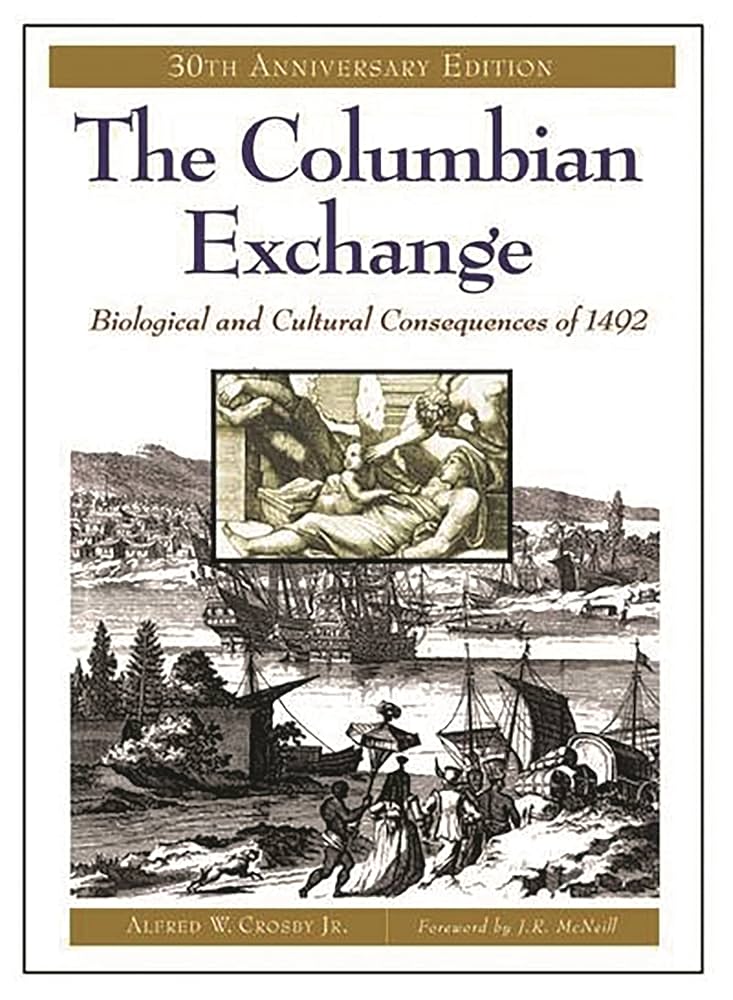
Source Information: "The Columbian Exchange: Biological and Cultural Consequences of 1492", History Analysis Book, Alfred W. Crosby, 1972
Background: Published in 1972, this scholarly work examines how the exchange of crops, animals, and diseases between Europe and the Americas reshaped societies.
Secondary Source
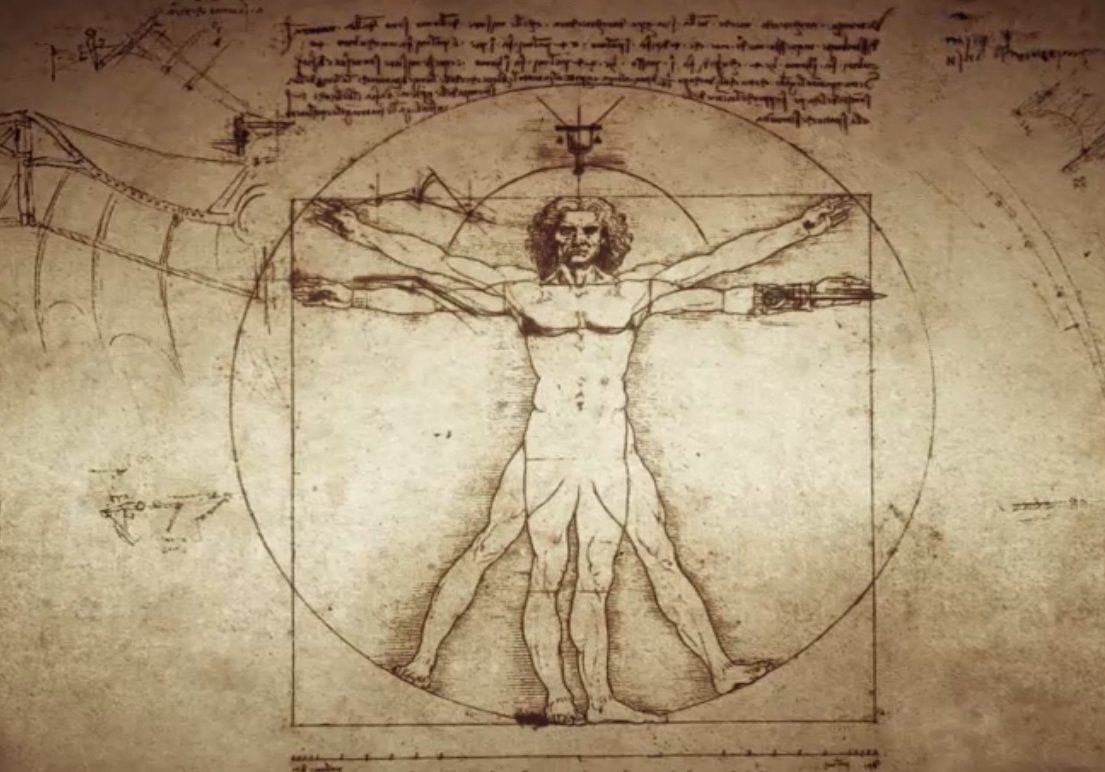
Source Information: "Vitruvian Man", Scientific Drawing, Leonardo da Vinci, 1490 Background: In 1490, Leonardo da Vinci created a study of human proportions, blending art and science during the Renaissance.
Primary Source
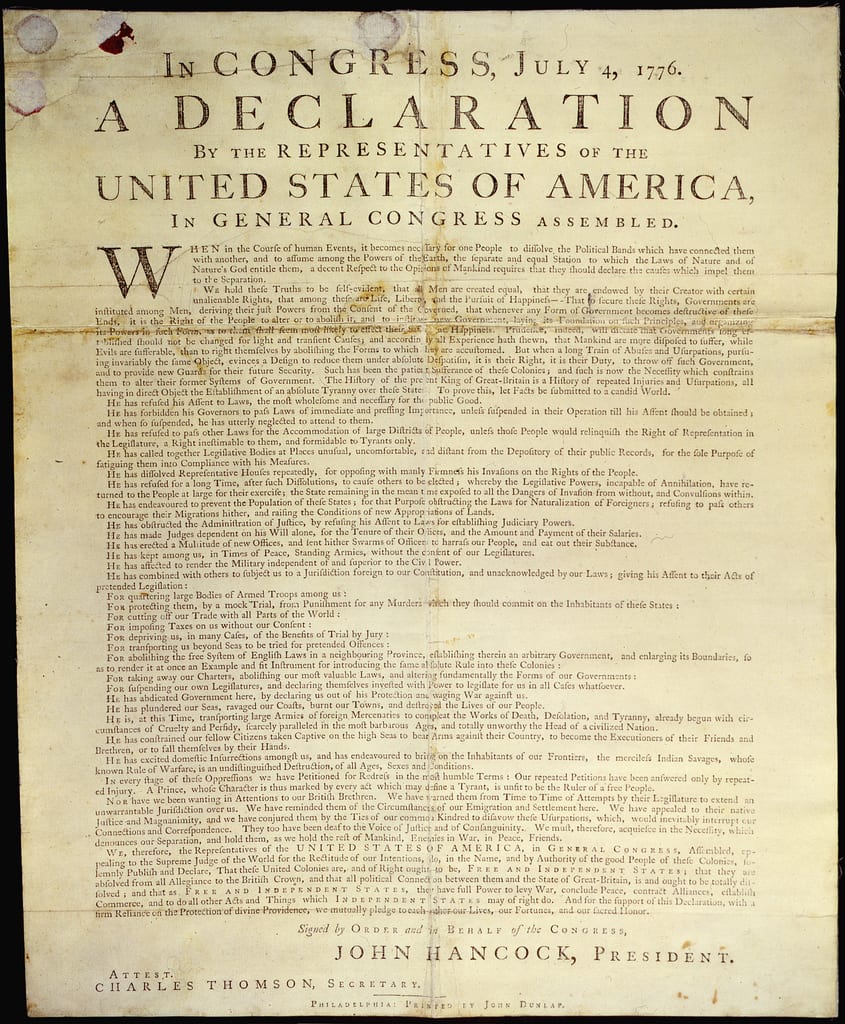
Source Information: "Declaration of Independence", Government Document, Second Continental Congress, 1776
Background: In 1776, representatives from the thirteen American colonies issued this document, announcing independence from Britain and outlining principles of liberty.
Primary Source
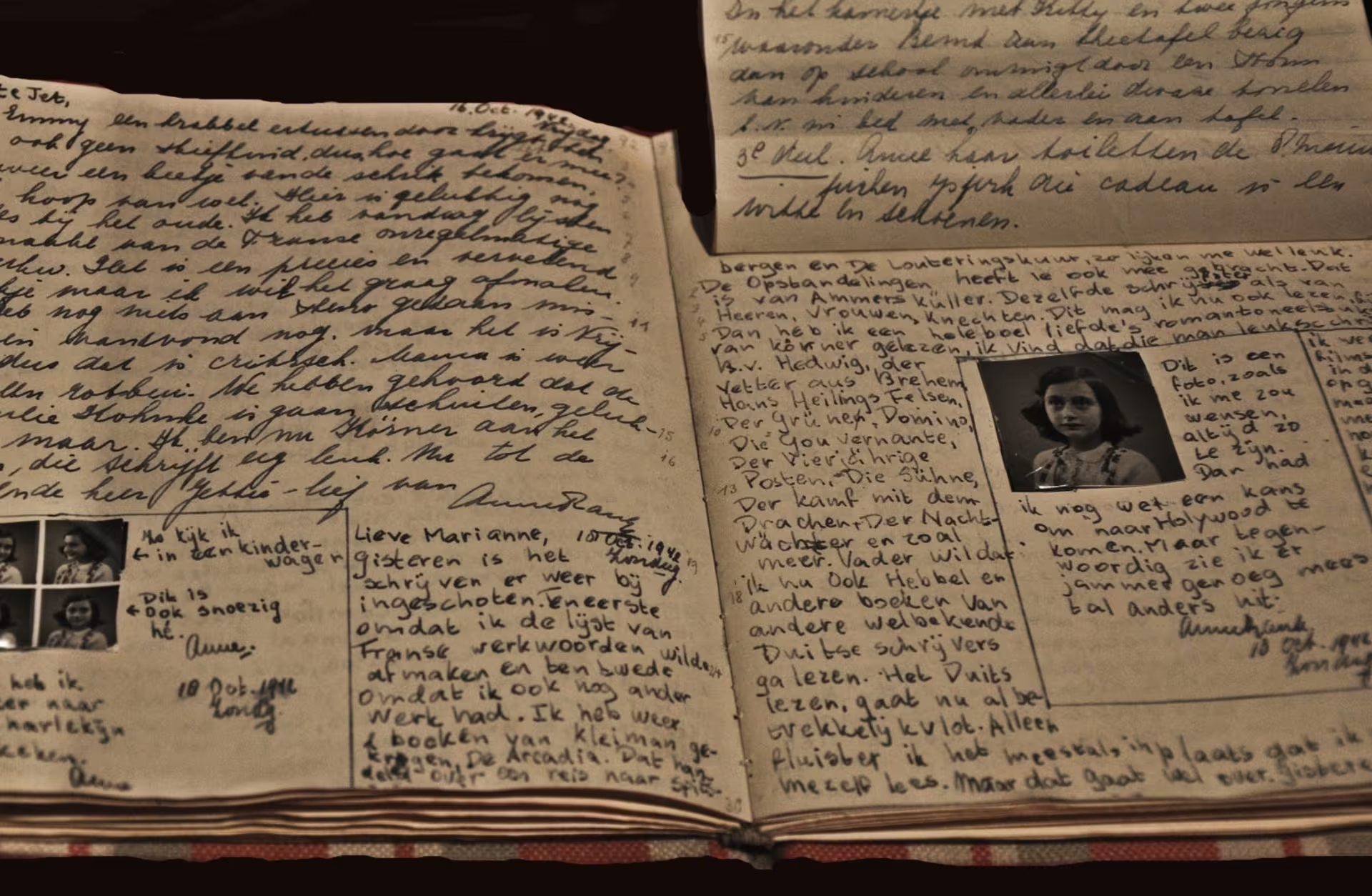
Source Information: "The Diary of Anne Frank", Personal Diary, Anne Frank, 1942–1944 Background: Written between 1942 and 1944, Anne Frank’s diary gives a personal account of life hiding from the Nazis in Amsterdam during World War II.
Primary Source
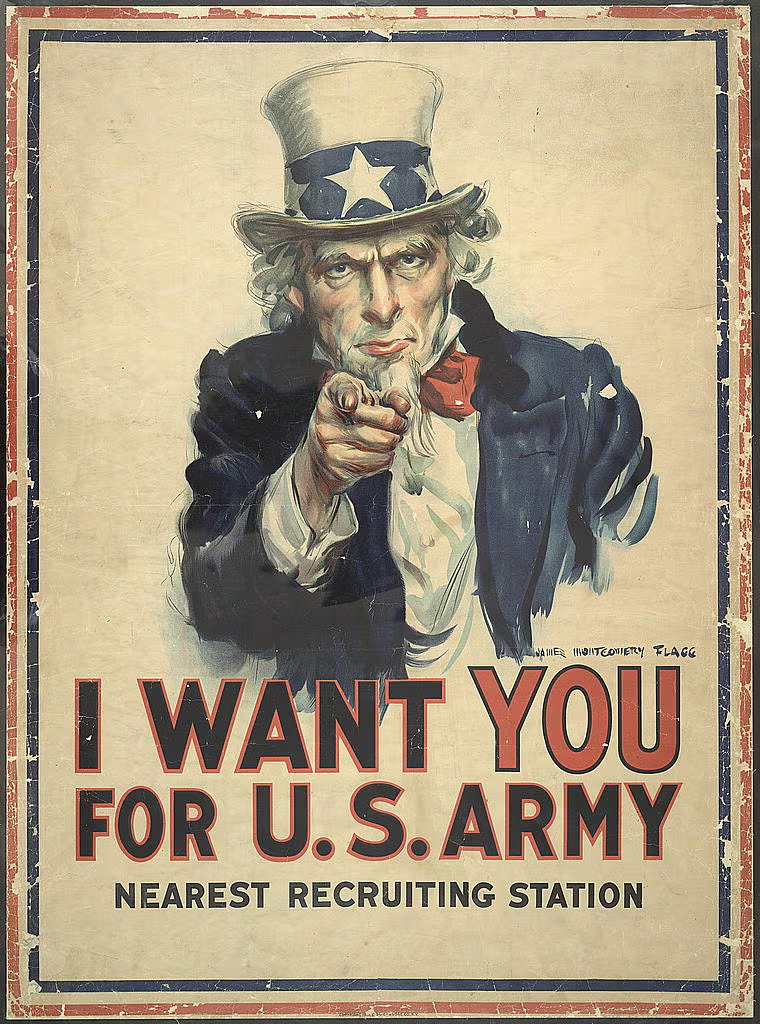
Source Information: "I Want You for U.S. Army", Propaganda Poster, James Montgomery Flagg, 1917
Background: Designed in 1917 during World War I, this poster depicted Uncle Sam pointing at the viewer and encouraged men to enlist in the U.S. Army.
Primary Source
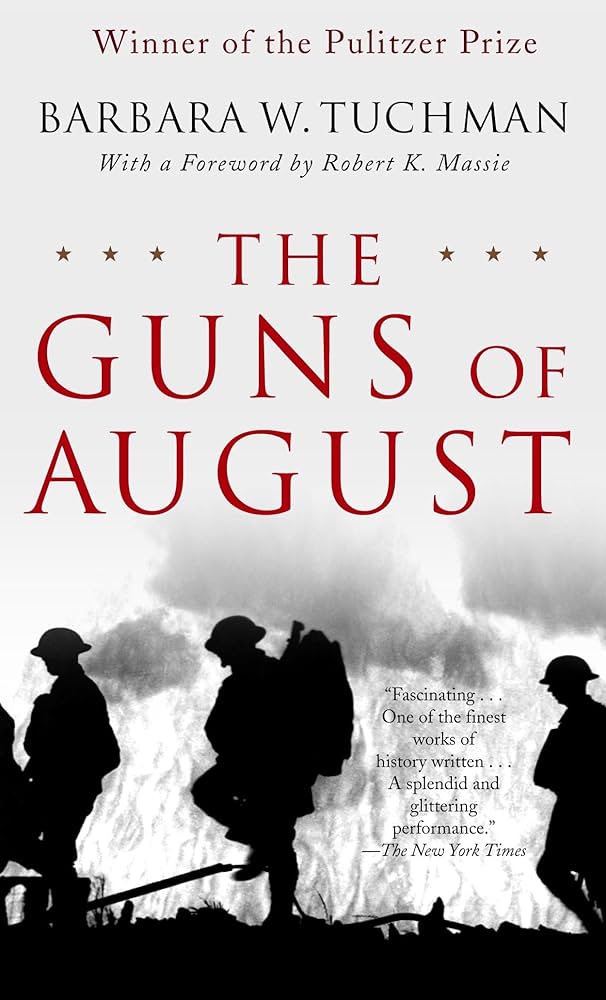
Source Information: "The Guns of August", Historical Analysis Book, Barbara W. Tuchman, 1962
Background: Published in 1962, this Pulitzer Prize–winning book analyzes the political decisions and military actions leading to the outbreak of World War I in 1914.
Secondary Source
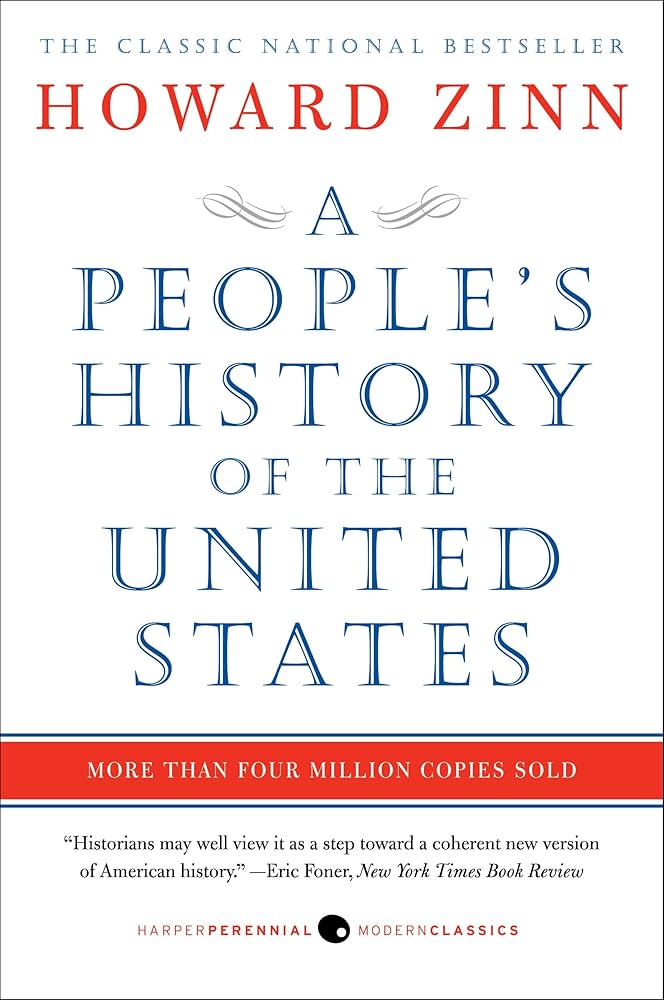
Source Information: "A People’s History of the United States", History Book, Howard Zinn,
1980
Background: This book, published in 1980, presents U.S. history from the perspective of
common people rather than political leaders, analyzing social movements and struggles.
Secondary Source
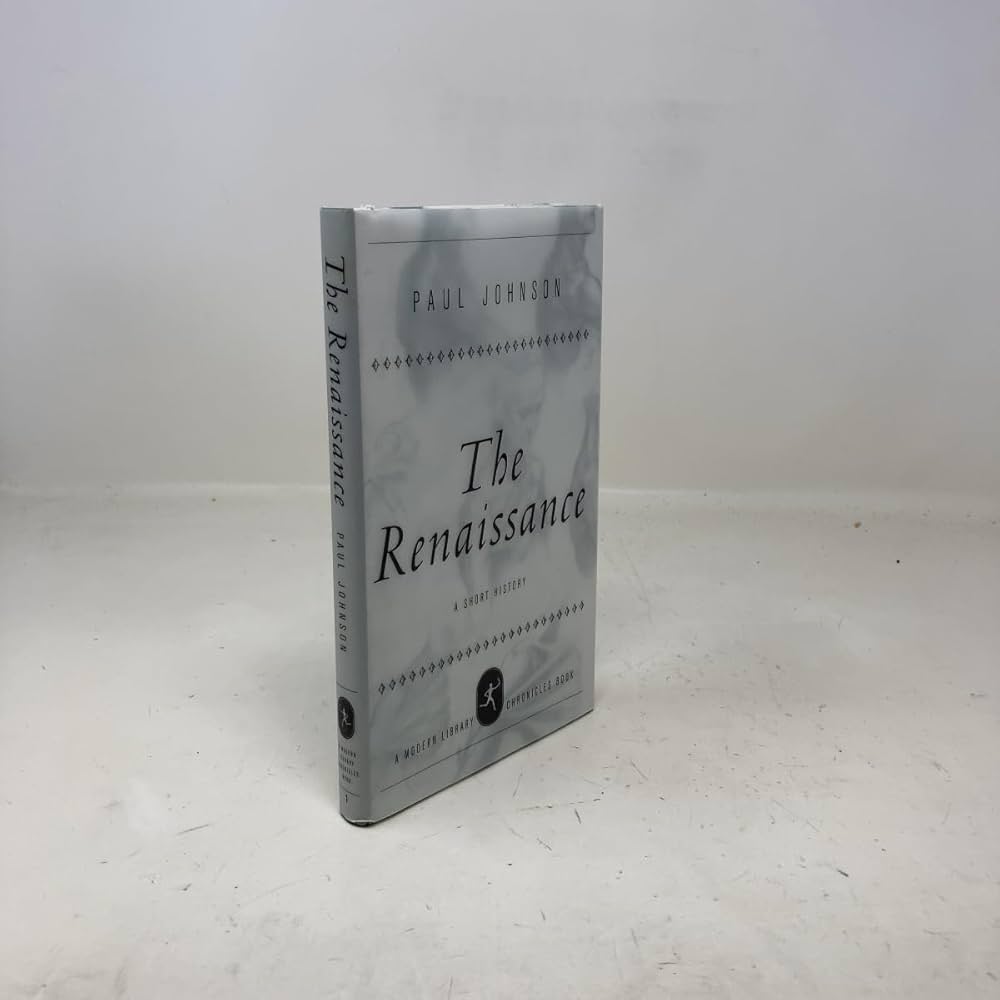
Source Information: "The Renaissance: A Short History", Scholarly Book, Paul Johnson,
2000
Background: Released in 2000, this book explains the main cultural and political changes
of the Renaissance and their influence on modern Europe.
Secondary Source
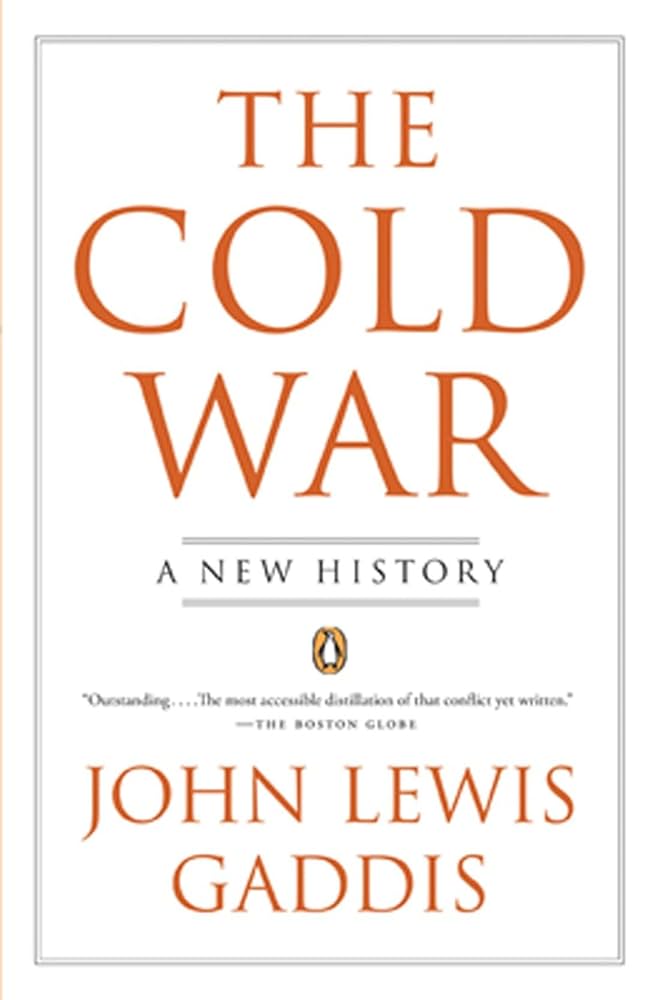
Source Information: "The Cold War: A New History", Scholarly History Book, John Lewis Gaddis, 2005
Background: Published in 2005, this work provides a synthesis of the Cold War, offering interpretations based on decades of research and declassified documents.
Secondary Source
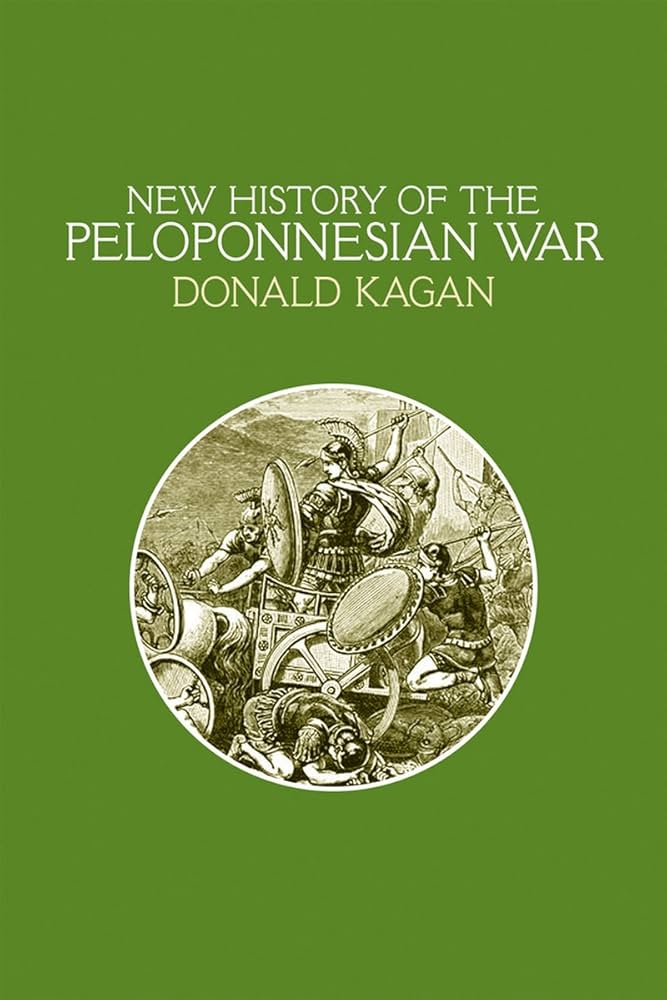
Source Information: "History of the Peloponnesian War (Modern Edition with Commentary)", Historical Commentary, Donald Kagan, 2003
Background: Released in 2003, this secondary text includes analysis and interpretation of Thucydides’ account of the Peloponnesian War in ancient Greece.
Secondary Source
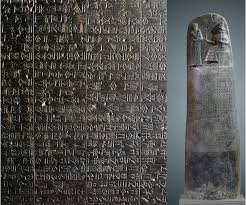
Source Information: "Code of Hammurabi", Legal Code, King Hammurabi, ~1754 BCE
Background: One of the earliest written legal codes, created in Mesopotamia, listing laws
and punishments to maintain order in society.
Primary Source